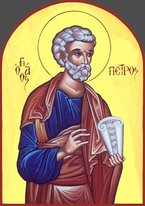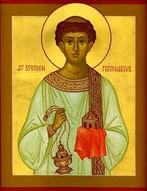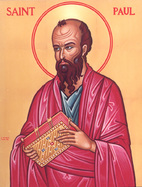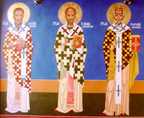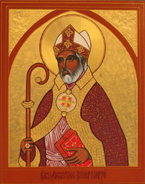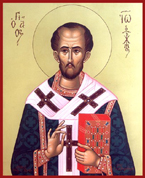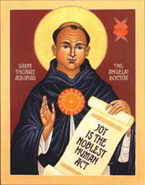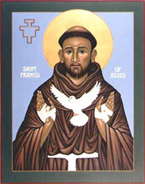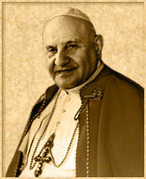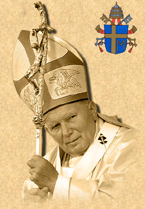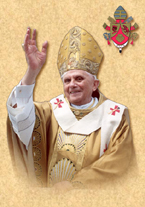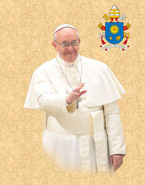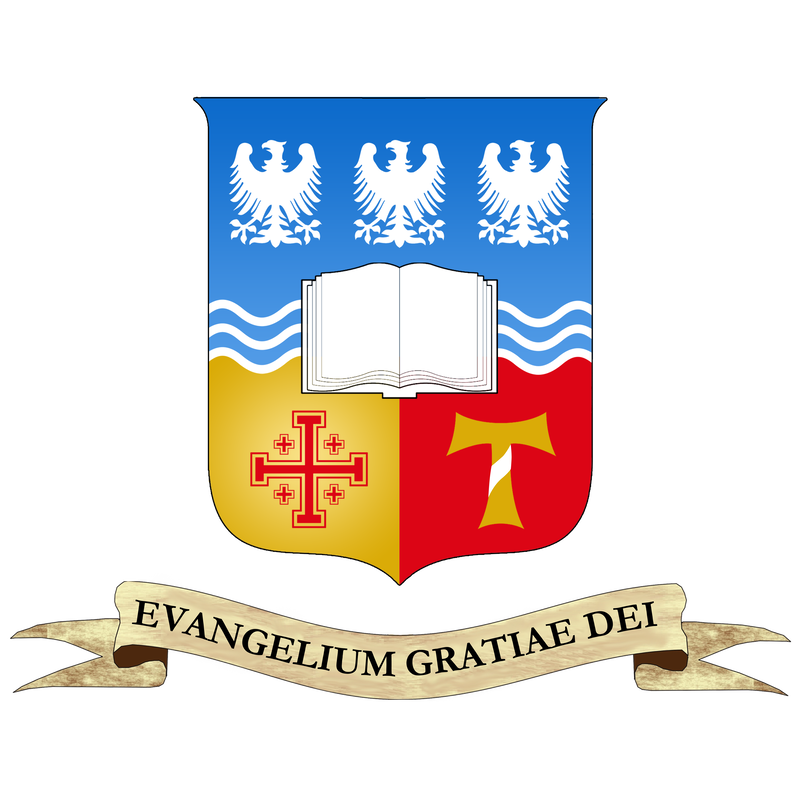Part of my little adventure in theological exploration this season has pertained to getting a feel of the state of Western theology is in its method and approach and extent today. In fact, there is something in me that actually "longs" to undertake a postgraduate course of study with an institution in the West for this purpose, but insisting on that would be unwise. As a result of these little explorations and internal conversations, I have drawn some very preliminary conclusions on theology in the West as it stands today. Basically, not much has changed in the last twelve years since I last lost touch with my academic life. I used to find that the theological community of the West had somewhat lost its way. And I still do.
This is, firstly, because of the divide between ecclesial life and academia, which renders theology speculative and disconnected from the community of faith. Theology has become very much the language of an elite community, or in very brash terms, a bunch of experts. In other words, a man of deep faith can be listening to the discourse taking place within the theological community and emerge without any idea about what is being discussed because none of it seems relevant to his understanding and experience of God. Theology has become the God-talk of a category of people who are experts about God but who may not necessarily even believe in his existence let alone have an ecclesial participation. Secondly, theology being speculative means there is a limit to how creative one can be before eventually running out of meaningful things to say. By this, I do not necessarily mean running out of things to say, but rather, meaningful things to say. I think the fact that theologians in the West can be publishing in peer-reviewed journals to no end and yet having none of the people from the faith communities reading their publications is indicative of a serious problem. Because when it comes to faith, all the people in the faith community are, in fact, our peers. Our task as theologians is to enunciate experiences and knowledge that emanate from their faith and practice, and that which we speak and teach finds meaning only from their validation as our peers in the faith. It is they whom we speak for. (So much for peer-reviewed journals.) The above points does not in any way mean that I intend to depart from this theological exercise. I certainly intend to continue in this adventure of theological explorations, of course, for there is much to be learned and shared. But I cautiously proceed with this journey carrying two very crucial reminders in mind: Firstly, theologians ought to be grounded in ecclesial life. We must be churchmen; not necessarily ordained men, but churchmen nevertheless. We cannot be theologians without being a part of the liturgical community. We must always be a part of the community, no matter how simple its faith is, for our theological pronouncements cannot be far from the very faith that we have imbibed through our participation in the community of prayer. No theologian is too qualified to pray and worship with the most simple-minded man of faith even if the latter may be illiterate. It is unfortunate that today one can be a theologian and have no faith except in his own language of philosophy. It is even sadder that his enterprise can be legitimately named "theology". Secondly, theologians ought to be be grounded in the lives of our people, as this provides a context for us to theologise when we encounter their struggles. To be certain, the struggles of our people do not shape our theology. Human experience does not shape the truth, for truth comes from a knowing derived from divine revelation, which itself, enables us to understand that which is revealed. Nevertheless, human experience, together with its struggles, shape our responses as theologians so that we preach and teach meaningfully. We must be readers of life and society so that faith can be presented in a way that becomes relevant and roots itself in the experience of the people. There should be no fear that truth is irrelevant, or that truth must be shaped by and made to conform to human experience itself. Truth itself is the basis of human experience and makes itself known through it; this is a very fundamental aspect of incarnational theology. Truth does not need human experience to validate its veracity. Conversely, it is truth that casts light on human experience and gives it meaning. We need to constantly be aware of this epistemological approach lest we lose grasp of what our vocations stand for as theologians. As an Asian theologian, I am of the personal view that there is much ground for us to offer to the world of theological explorations. I appreciate the attempts that have been made by many Asian theologians in the past decades to highlight the relevance of the local contexts in the exercise of theologising. A number of these endeavours went too far so as to more than accommodate the experiences of the people by reconstructing revelation in the image of human experience; these efforts failed to cast the light of truth on those who needed its illumination. Truth shall remain exactly what it is by the power of divine revelation, recognised and handed down by the Sacred Magisterium. But the task of a Catholic theologian is more than just being a teacher. His task is to empathise with human experience by demonstrating how the given truth accompanies humanity in our struggle to be more human, and that in accompanying humanity in its struggles, truth has the power to draw humanity deeper into divine life -- not despite its struggles, but precisely, in the light of its struggles.
0 Comments
Leave a Reply. |
Categories
All
Archives
December 2021
|
|
FOLLOW DEACON SHERMAN DEACON'S FORMATION FB GROUP
© 2021 Sherman Kuek. All rights reserved.
|


 RSS Feed
RSS Feed
